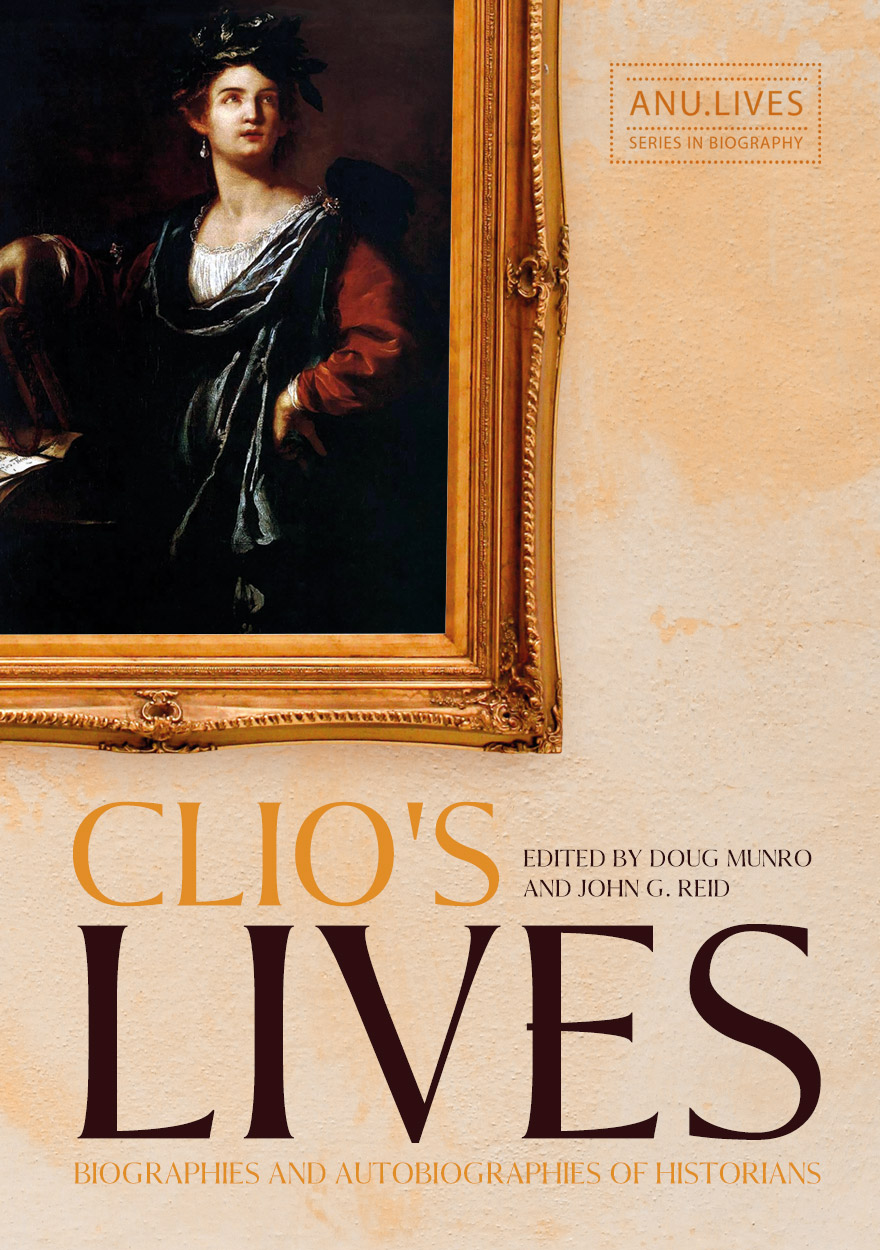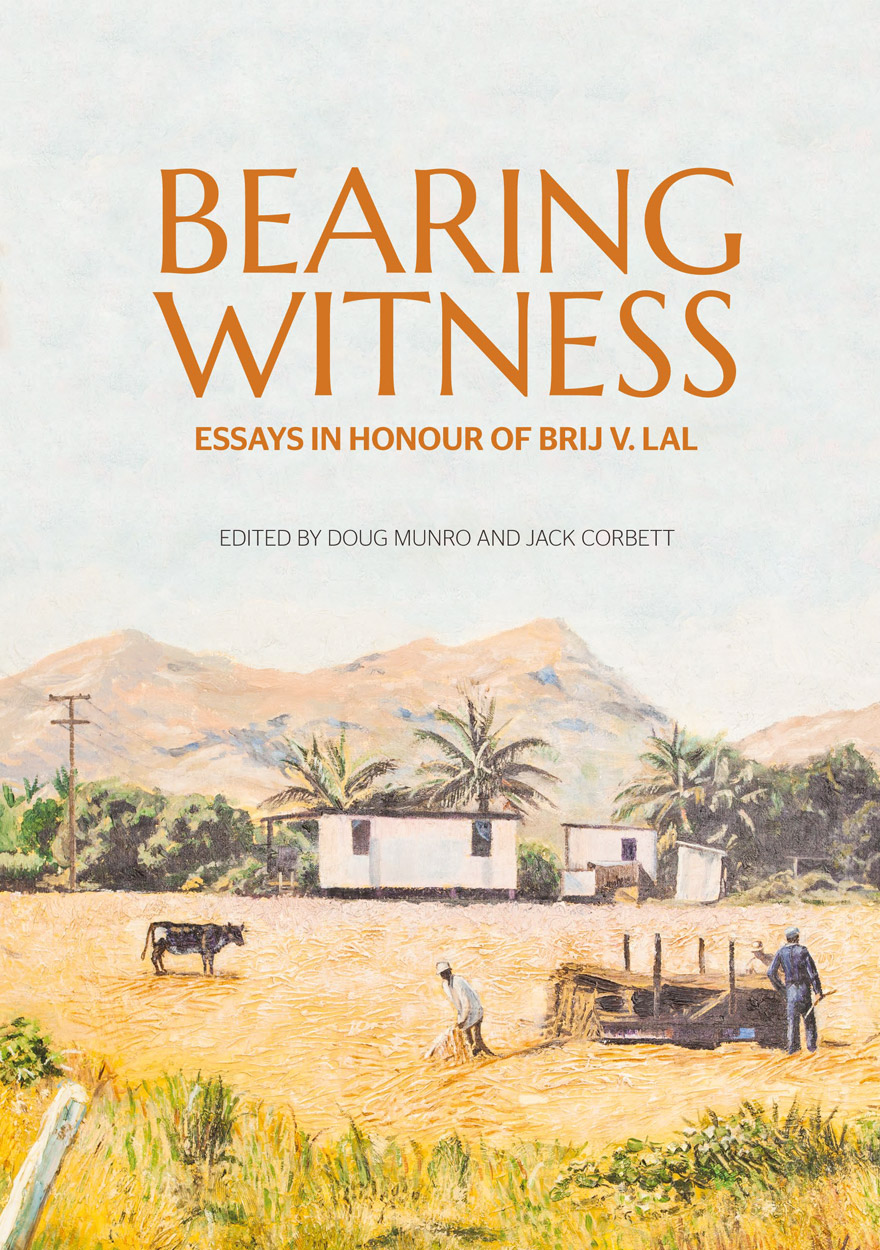Doug Munro
Doug Munro is a Wellington-based biographer and historian, and an Adjunct Professor of History at the University of Queensland. In an earlier incarnation he was a historian of the Pacific Islands with specialisms in trade and traders, indentured labour, and the role of Island pastors. Between 2005 and 2012, he collaborated with John Weaver of McMaster University on the history of suicide in 20th century New Zealand. Doug has a particular interest in auto/biographies of historians and is working on a biography of J.W. Davidson, the founding father of Pacific Islands historiography. As well, Doug is engaged in joint work with Geoffrey Gray on academic politics. Doug and Geoff (with Christine Winter) co-edited Scholars at War: Australasian social scientists, 1939-1945 for the ANU Press (2012). His most recent books are The Ivory Tower and Beyond: participant historians of the Pacific (2009) and J.C. Beaglehole: public intellectual, critical conscience (2012).

History Wars »
The Peter Ryan – Manning Clark Controversy

Clio’s Lives »
Biographies and Autobiographies of Historians

Bearing Witness »
Essays in honour of Brij V. Lal




